Baseball review
State of the pennant race: Did any trade matter?
The July 31st non-waiver trade deadline came and went and it seems that this one (outside of the Astros) will be remembered more for the trades that didn't happen than the ones that did. There was a lot of speculation surrounding Heath Bell, BJ Upton, Denard Span, Hiroki Kuroda, Josh Willingham, Coco Crisp and Wandy Rodriguez, yet none of them moved.
There were a lot of teams that didn't make any moves despite their expectation to do so. (The New York Yankees are the first team that comes to mind. As it stands right now, the Yanks are going to enter the postseason with a rotation of CC Sabathia, Freddy Garcia, Bartolo Colon, Phil Hughes and A.J. Burnett. That doesn't spark a lot of confidence.)
These moves save Rangers manager Ron Washington from himself. He is notoriously bad at using his bullpen. This will make things a lot easier on him.
But there were teams that did pull the trigger. It's tough to try and evaluate how teams did based on the prospects received because the jury will still be out on those guys for a few years. However, there are plenty of places that rank prospects and provide lots of analysis so we feel pretty comfortable. With the calendar speeding toward September, here are the winners and losers of this year's trade deadline.
Winners
San Francisco Giants: Probably the clear winner. San Fran picks up the best bat on the market in Carlos Beltran and only have to give up Zack Wheeler in return. Wheeler is a tremendous player, but he's a pitcher and last time we checked, the Giants are pretty loaded with young pitching (Tim Lincecum, Matt Cain, Madison Bumgarner, Jonathan Sanchez). They also pick up Jeff Keppinger from the Astros who's a true pro, bats around .300, kills left-handed pitching and almost never strikes out.
Orlando Cabrera was also a late acquisition. More help up the middle. That probably doesn't bode well for Miguel Tejada, but if he would have played well, he wouldn't be in this mess.
Texas Rangers: The Rangers — more than anything — needed bullpen help. So what did they do? They went out and got two of the best relief pitchers available in Mike Adams from the San Diego Padres and Koji Uehara from the Baltimore Orioles.
Those two guys have staggering strikeout to walk ratios and they're both under control for an additional year. (Adams and Uehara'a combined numbers are 95 innings, 17 walks, 111 Ks and a 1.42 ERA.)
They're not rentals. This also saves Rangers manager Ron Washington from himself. He is notoriously bad at using his bullpen. This will make things a lot easier on him.
Atlanta Braves: The Braves craved a leadoff man and centerfielder; both Jordan Schafer and Nate McLouth went on the DL and the offense was slumping badly. They also said that they were not going to get rid of any of the top four pitching prospects.
Guess what? They got what they needed and didn't give up a top tier prospect.
Atlanta traded with the Astros for Michael Bourn and cash in exchange for Jordan Schafer and three minor league pitchers. The pitchers all appear to have upside, but the Braves talent pool is so deep they won't miss those guys. Bourn has won two consecutive gold gloves and has led the league in stolen bases. He also bats over .300. Bravo Braves.
Pittsburgh Pirates: Pittsburgh is in the unique situation that it wants to win this year, but the franchise can't mortgage its future to do so. The Pirates knew they needed starting pitching and veteran hitting but they couldn't really afford to trade anybody.
So what do they do? They acquire Derek Lee from the Orioles and Ryan Ludwick from the Padres. These two guys are proven run producers and have a lot of experience in the NL Central. Also, just the fact that Pittsburgh is making moves is cause for excitement in the city. Their attendance is going to shoot up.
Toronto Blue Jays: Colby Rasmus is a star player. He fell out of favor in St. Louis and Toronto reaped the benefits. The Blue Jays gave nothing up in terms of young talent and acquired a dynamic young bat.
Rasmus and Jose Bautista hitting side-by-side for years to come will be fun to watch. The Blue Jays lost Octavio Dotel and Marc Rzepczynski, but if Tampa Bay taught us anything, it's that you can find decent relievers in free agency.
Detroit Tigers: Getting Doug Fister is going to really bolster the rotation. Fister doesn't look like much on the stat sheet, but that's due largely to the fact that he played for an awful Seattle Mariners team.
The Tigers are in first place and they appear to be poised to hold onto that lead. A rotation of Justin Verlander, Matt Scherzer, Brad Penny, Rick Porcello and Fister is extremely competitive. Not to mention they picked up Wilson Betemit to play third base which fills a huge offensive hole.
Losers
Cleveland Indians: This is going to be tough to swallow because the Indians landed arguably the best pitcher on the market in Ubaldo Jimenez —but they paid dearly for him.
If you exclude those first 15 starts from last season, Ubaldo hasn't really pitched like an ace. He also has a very player-favorable contract.
So why would the Rockies be willing to trade this guy? Simple. They were astonished at the return they were getting. Drew Pomeranz was last year's first round pick (fifth overall) and has sparkling numbers. The three pitchers Cleveland gave up were ranked their second, fourth and ninth overall prospects.
That's an awful lot to give up for a guy that might not even get you to the playoffs. Getting Kosuke Fukudome was nice, but not enough.
Houston Astros: This one stings. Without a doubt, the struggling Astros were going to be sellers this deadline — it was just a matter of who they could unload and what they would bring in return.
The Hunter Pence trade didn't sting so much because of Jarred Cosart and Jonathan Singleton, but they're still just prospects. The hope was that Michael Bourn would fetch major-league-ready-talent. Instead, he brought in three marginal pitching prospects and an injured center fielder who is a lesser version of himself.
Prospects are great, but the Astros still need to field a Major League roster. What they're running out there is a joke. Couple that with the inability to move Wandy Rodriguez and Brett Myers and the Astros had a pretty poor showing. They traded their best three offensive players in Keppinger, Bourn and Pence and only got one player ready to play in the big leagues and that guy is hurt.
Chicago Cubs: Clearly the Cubs do not value money. They kept an enormous amount of salary and gained zero young talent. Many thought they were going to try and move Alfonso Soriano, Carlos Pena, Carlos Zambrano, Marlon Byrd and/or Kerry Wood, but they kept them all.
The Cubs are a long way from being competitive so to think that those inefficient players are part of their long term success is a bit stupifying. It is possible that no team wanted to take on any of those contracts and that's fair, but the fact that they can't move any of them really hinders their ability to stay competitive in the future. Looks like poor Tyler Colvin will never get his shot to play everyday ...
The AL East: It's hard to really target one team in particular, but three of the best teams in baseball — the New York Yankees, Boston Red Sox and Tampa Bay Rays — all stood pretty firm at the deadline. That doesn't bode well for October.
The Red Sox traded for Mike Aviles and Erik Bedard, but those moves seem more like insurance. Both players might not make the playoff roster.
The Yankees are obviously confident that their deal with the devil involving Colon, Garcia and Hughes will hold up. If they face Detroit in a five-game series, they could get out pitched and be an early exit though. New York really could have really used a starting pitcher. Indications were they wanted Wandy, but didn't want to pay all that money for him.
The Rays, a very shrewdly run organization, were thought to be moving BJ Upton. He would have fetched a haul similar to Pence and Beltran, yet they held on to him. Perhaps they'll move him in the winter, but still odd to see them completely silent.
Seems like an organization in transition that doesn't quite know what to do with marginal success. Perhaps these teams don't need improvement, but it sure seems like they were trying, but couldn't pull the trigger.
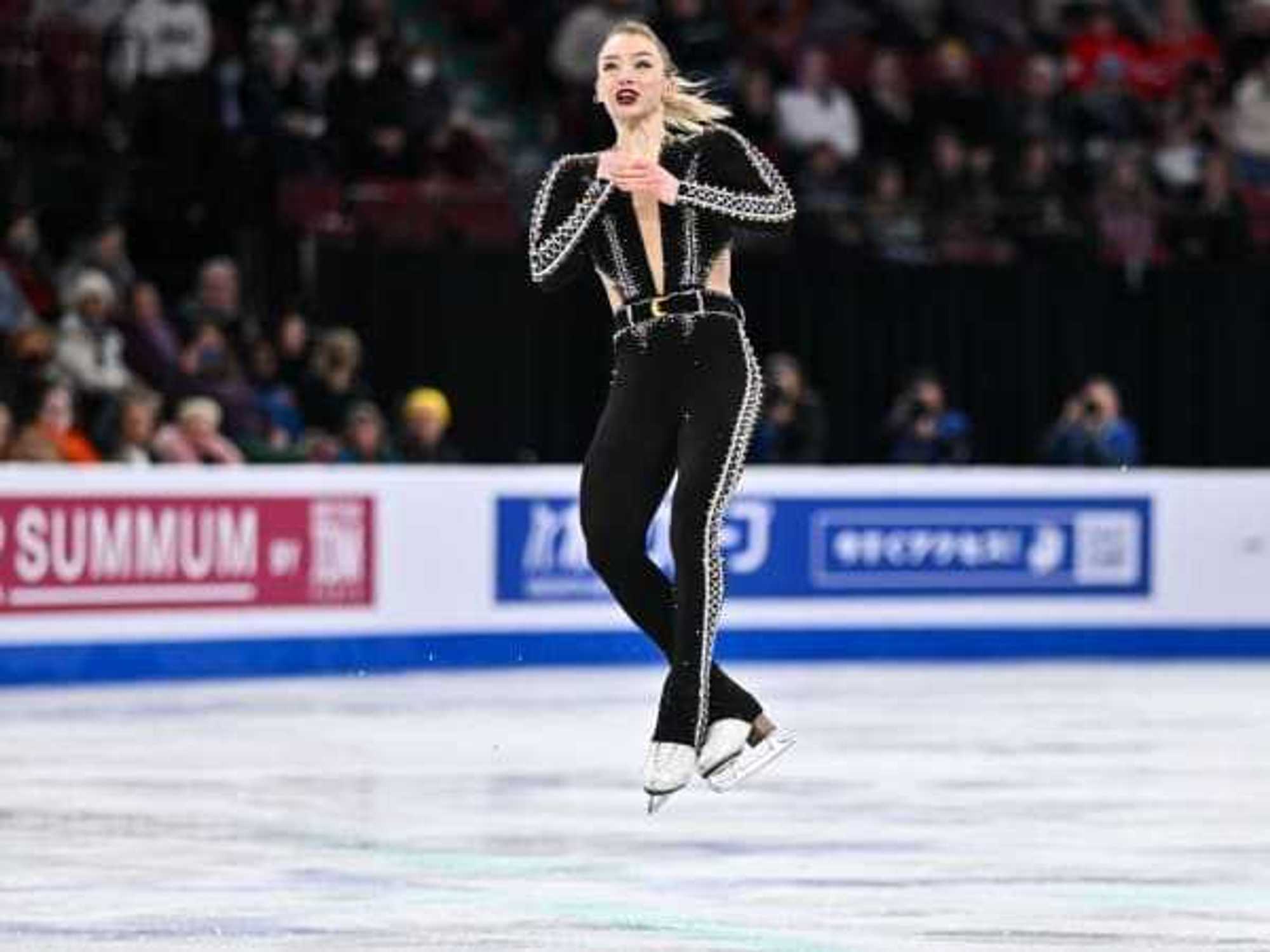
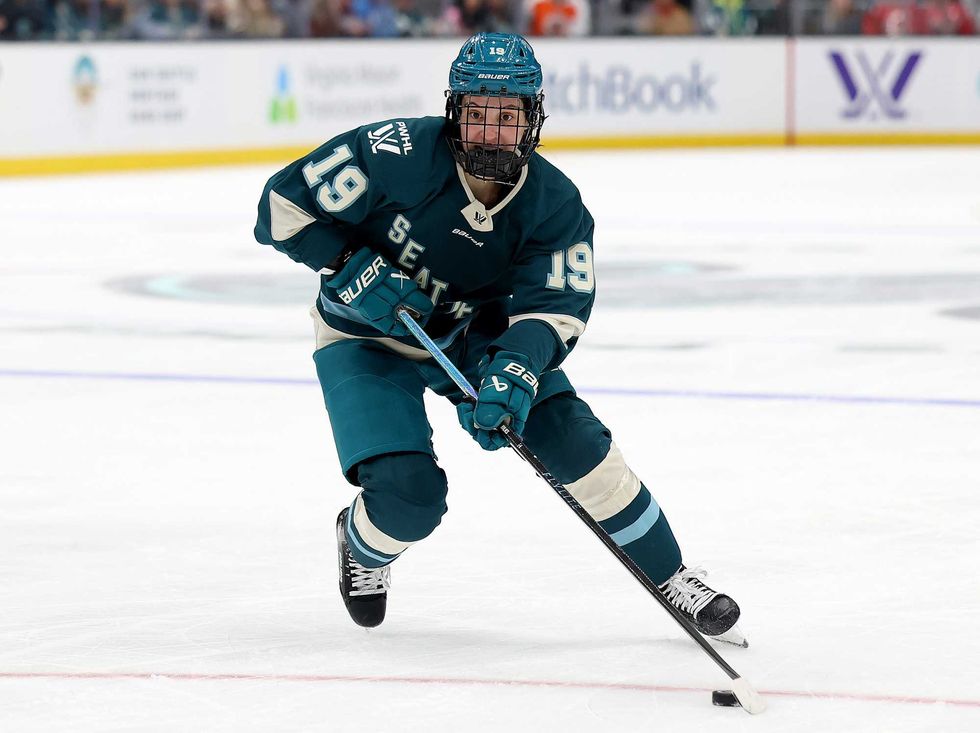 Hannah Bilka is one of two North Texans competing in this year's Games.Photo courtesy of Getty Images
Hannah Bilka is one of two North Texans competing in this year's Games.Photo courtesy of Getty Images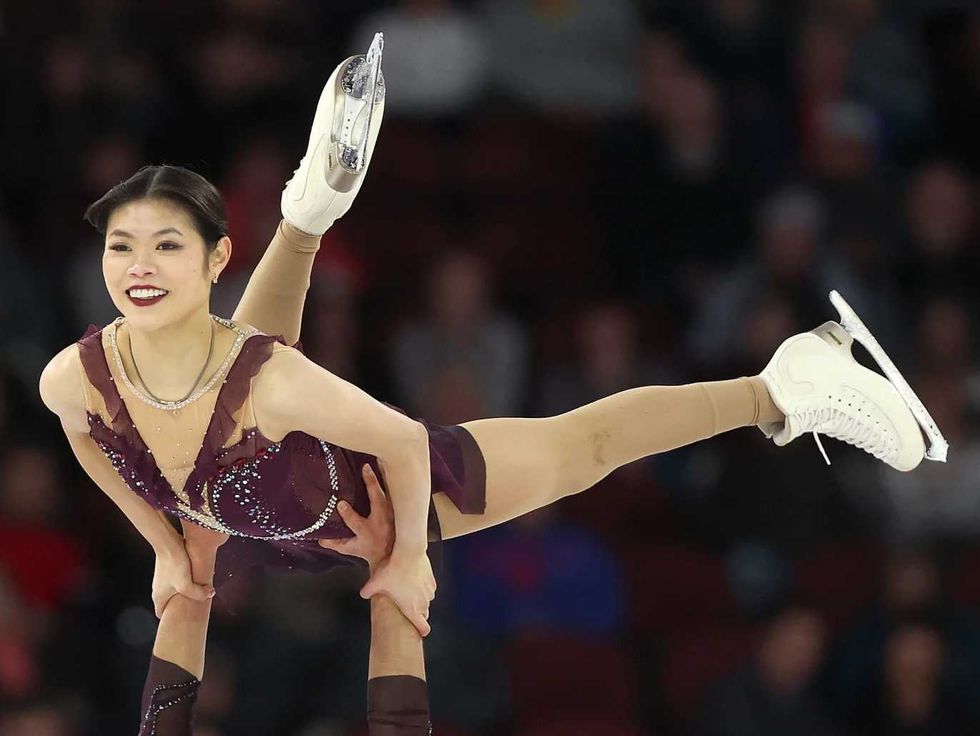 In addition to being a top-notch figure skater, Emily Chan is also trained in Chinese modern dance and ballet.teamusa.com/
In addition to being a top-notch figure skater, Emily Chan is also trained in Chinese modern dance and ballet.teamusa.com/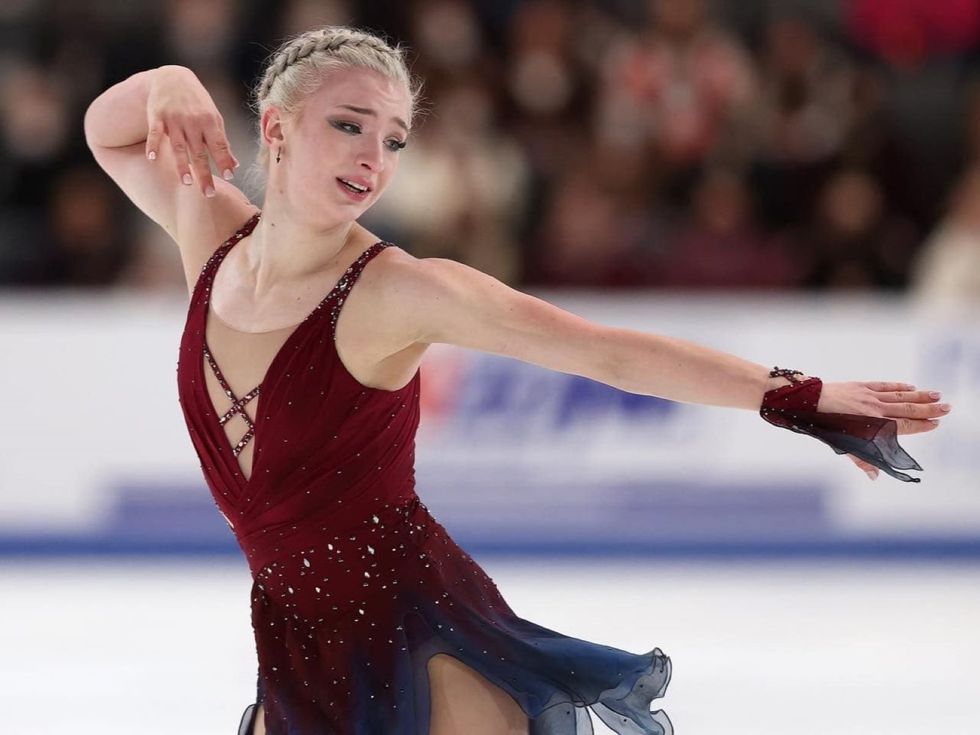 Plano's Amber Glenn will have the Dallas-Fort Worth crowd on its feet. Facebook/ISU
Plano's Amber Glenn will have the Dallas-Fort Worth crowd on its feet. Facebook/ISU 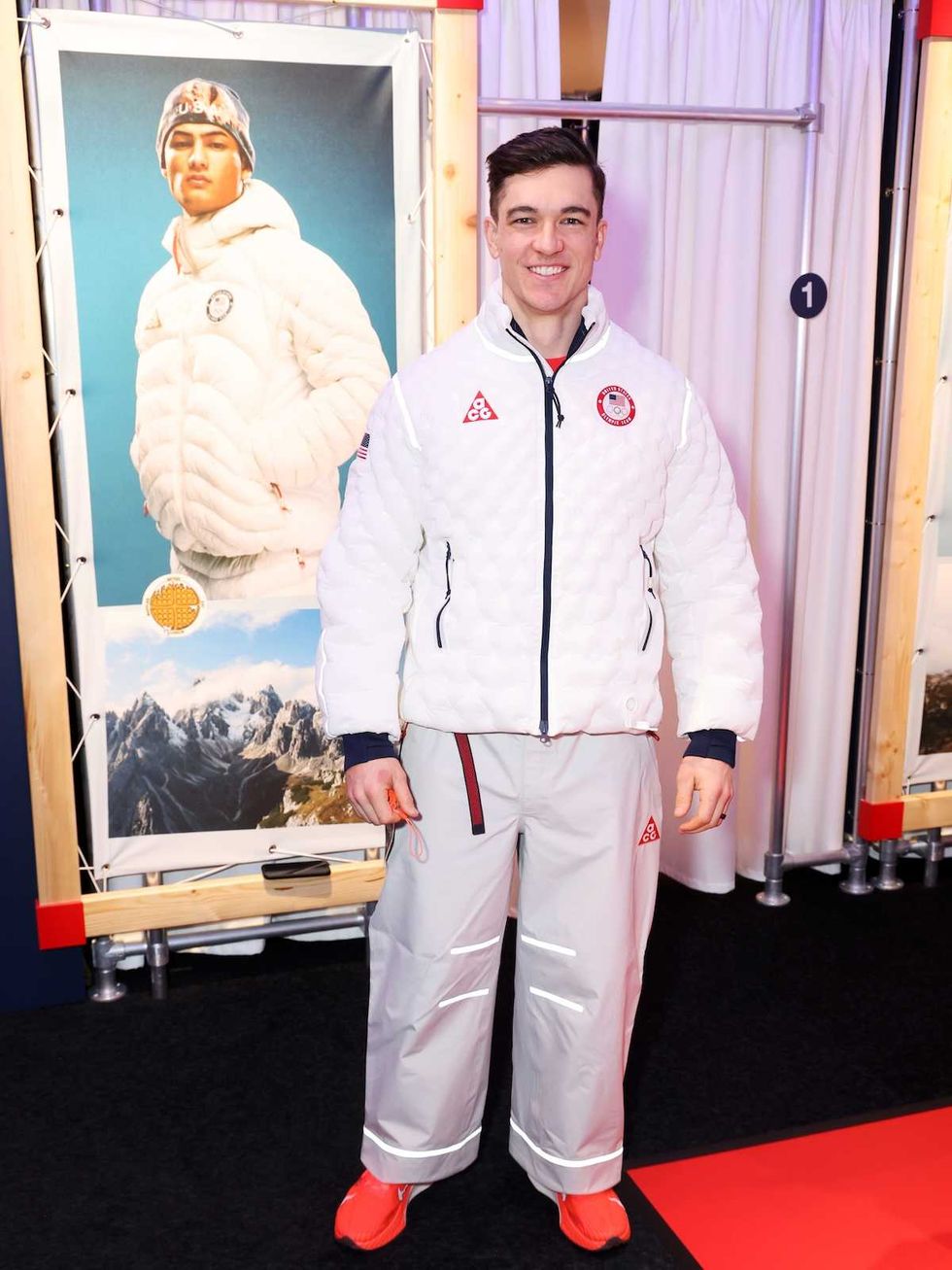 Boone Niederhofer is a former Texas A&M University football player.Photo courtesy of Getty Images
Boone Niederhofer is a former Texas A&M University football player.Photo courtesy of Getty Images